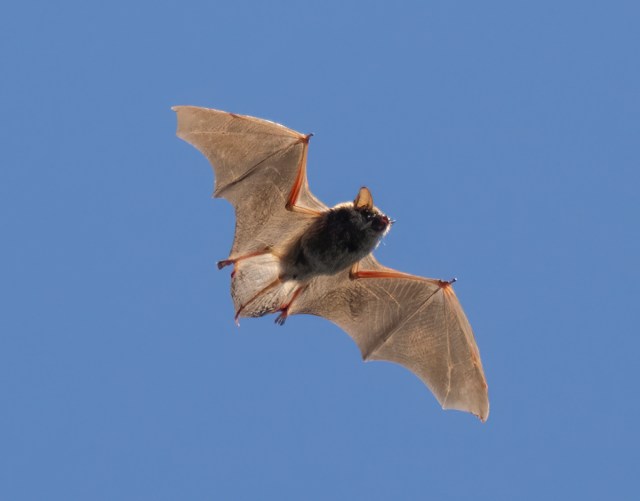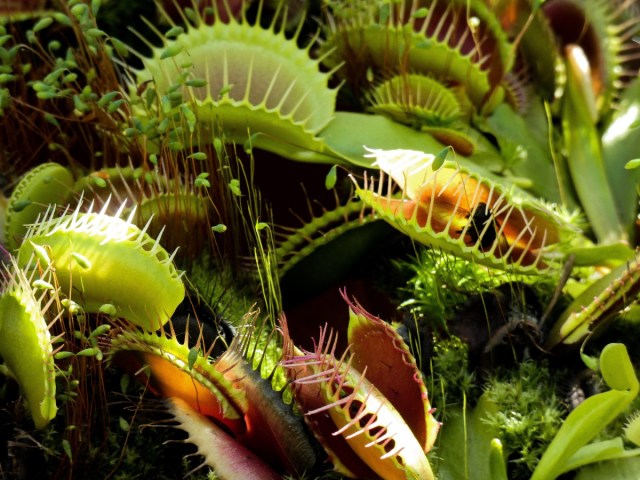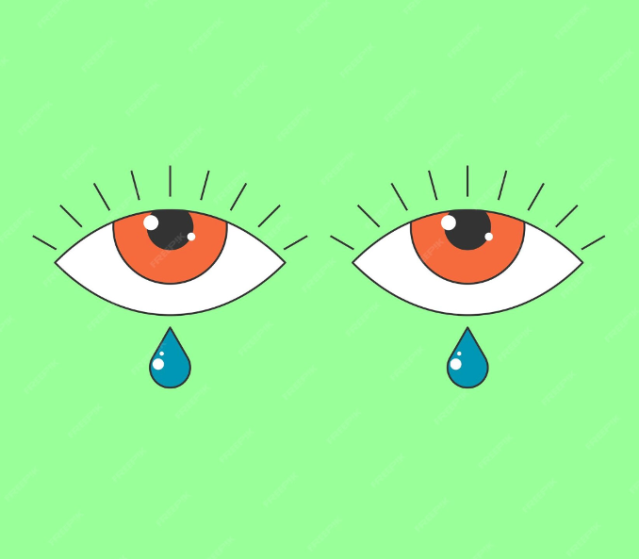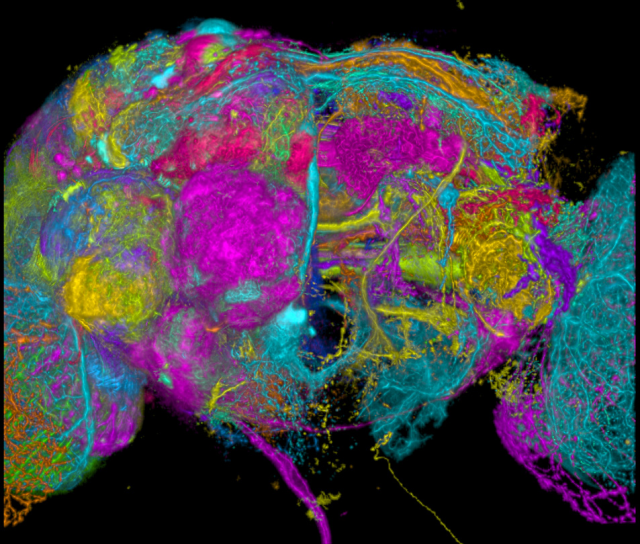
PennNeuroKnow
@PennNeuroKnow
PennNeuroKnow is a weekly neuroscience blog written by PhD students at the University of Pennsylvania, where we break down the brain for everyone to understand.
Did you know scientists are studying bats to understand how the brain processes and sorts the sounds we hear? Learn more about what bat brains can teach us about ourselves in this week's piece written by @PennNGG student Abby Lieberman @abbygreenliebs pennneuroknow.com/2025/06/03/how…

Have you ever wondered if plants can feel pain? It may sound like a ridiculous question— but plants react to damage in surprising similar ways to us. Learn more in this week's piece by @PennNGG student & PNK Co-Editor Lindsay Ejoh @neuro_melody pennneuroknow.com/2025/07/22/do-… #scicomm

We may think memory is set in stone, but it’s more like wet clay. From false childhood memories to wrongful convictions, explore how our memories can deceive us in this week's piece by @PenNGG student Victoria Katz pennneuroknow.com/2025/07/15/can… #scicomm #neuroscience

How do emotional support animals help manage symptoms of mental illnesses and how does the brain react to this connection? Learn more in this week's piece by @PennNGG student Emma Fischer pennneuroknow.com/2025/07/08/emo… #scicomm #emotionalsupportanimal

Humans are the only species that cry with actual, physical tears. Why have we evolved this behavior? Does it benefit us? & if so, why don’t we cry more? Dive into the neuroscience of crying in this week's article by @PennNGG student Eve Gautreaux pennneuroknow.com/2025/07/01/the… #scicomm

Biomedical research funding in the United States is still in danger. Check out a video supplement to our previous post describing how this funding process works, made by PNK Co-Editor and @PennNGG student @neuro_melody: pennneuroknow.com/2025/06/24/vid… #scicomm #researchfunding
The US is a global leader in funding biomedical research. Learn about how that funding process works & why it’s so important to maintain our commitment to funding science in this week's special edition from PNK Co-Editor & @PennNGG student @Catrina_Hacker pennneuroknow.com/2025/04/15/how…
You may have heard about patriarchy, but how about matriarchy? Bees, elephants, & bonobos show us when females are the ones running the show in the wild. Learn about matriarchal animal societies in this week's piece, written by @PennNGG student Nita Rome pennneuroknow.com/2025/06/17/ani…

How does climate change impact the brain? Spoiler alert: it’s not looking good.. Check out this week's piece where @PennNGG student Margaret Gardner dives into this chilling topic: pennneuroknow.com/2025/06/10/cha… #scicomm #climateanxiety

We often rely on our neighbors for help. The cells in your nervous system do too- what cells can do depends on who lives next door to them. Learn about "neighbor" neurons called interneurons in this week's piece written by @PennNGG student Serena Chen pennneuroknow.com/2025/05/27/the…

Check out this week's piece by @PennNGG student @joulesriley_ that describes how basic research, focused on understanding our world rather than directly investigating diseases, has laid the groundwork for several important developments in modern medicine! pennneuroknow.com/2025/05/20/bas…

Whether punk rock or Puccini, everyone has music that they love. Why is music so compelling & what’s going on in your brain when jamming to your favorite song? Learn more in this week's piece by @PennNGG student (& professional singer!) Lisa Wooldridge pennneuroknow.com/2025/05/13/mus…

Have you recovered yet from Cinco de Mayo festivities last night? 👀 Hangovers have been around as long as alcohol. But how much do we really know about them? @PennNGG student @stephen_wisser covers the neuroscience of hangovers in this week's piece: pennneuroknow.com/2025/05/06/a-h…

What if we had Google Maps for the brain? Scientists recently charted every connection in a fruit fly’s brain! This opens the door to a world of discoveries that are just getting started. Learn more in this week's piece by @PennNGG student @andrewthenguyen pennneuroknow.com/2025/04/29/neu…

Why is it so dangerous to drink while pregnant? Let's dig into the neuroscience behind fetal alcohol spectrum disorders in this week's article written by @PennNGG student and PNK writer Omer Zeliger pennneuroknow.com/2025/04/22/blo… #scicomm

The US is a global leader in funding biomedical research. Learn about how that funding process works & why it’s so important to maintain our commitment to funding science in this week's special edition from PNK Co-Editor & @PennNGG student @Catrina_Hacker pennneuroknow.com/2025/04/15/how…

The cochlear implant is a tool for restoring hearing to those with hearing loss. Dive into the inner workings of this tech & learn how simulates the brain to produce sound signals in this week's piece by @PennNGG student @JafNeuro pennneuroknow.com/2025/04/08/how… #scicomm #cochlearimplant

Do you ever hear a ringing in your ears? Does it drive you nuts too? This week's piece (by @PennNGG student @sophie_liebs) describes how the brain produces this phantom noise + what approaches scientists are taking in trying to treat it. pennneuroknow.com/2025/04/01/do-… #scicomm

Neuroscientists have developed a new (safer) way to stimulate the brain to treat neurological disorders- using sound waves! Check out our latest piece on focus ultrasound, written by @PennNGG student Joseph Stucynski pennneuroknow.com/2025/03/25/tra… #scicomm #neurology

Stuck between your goals & old habits? New research reveals that stress impairs the ability to make thoughtful decisions & shifts the brain towards an “autopilot” mode that favors habits- covered in this week's piece by @PennNGG student @kara_mcgaughey pennneuroknow.com/2025/03/18/fal…
